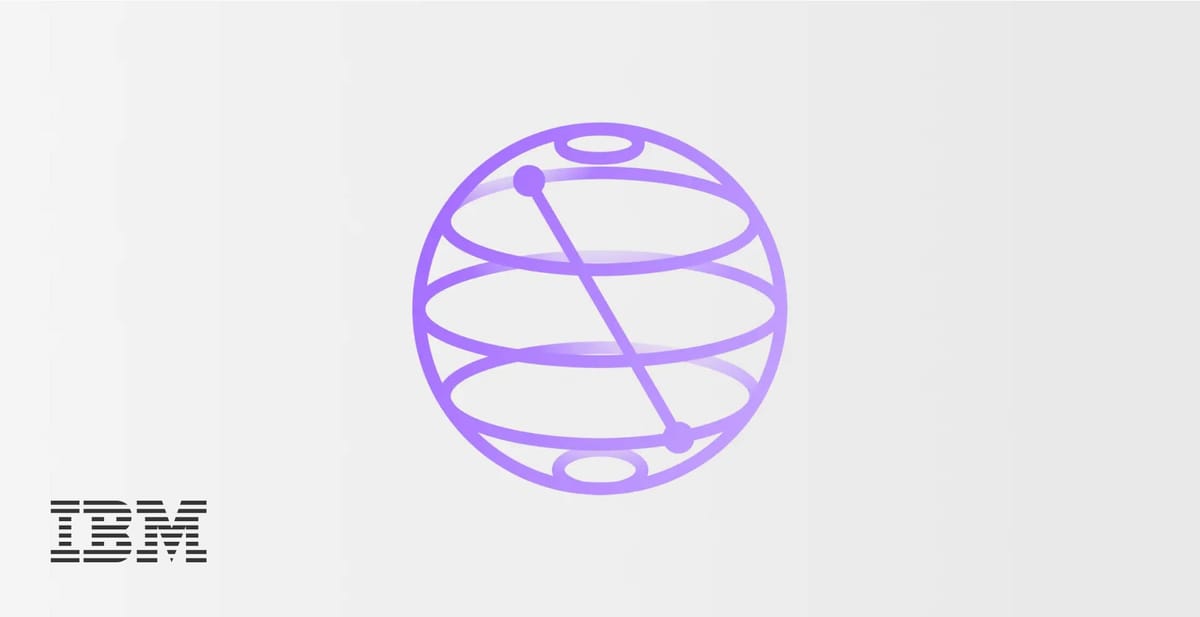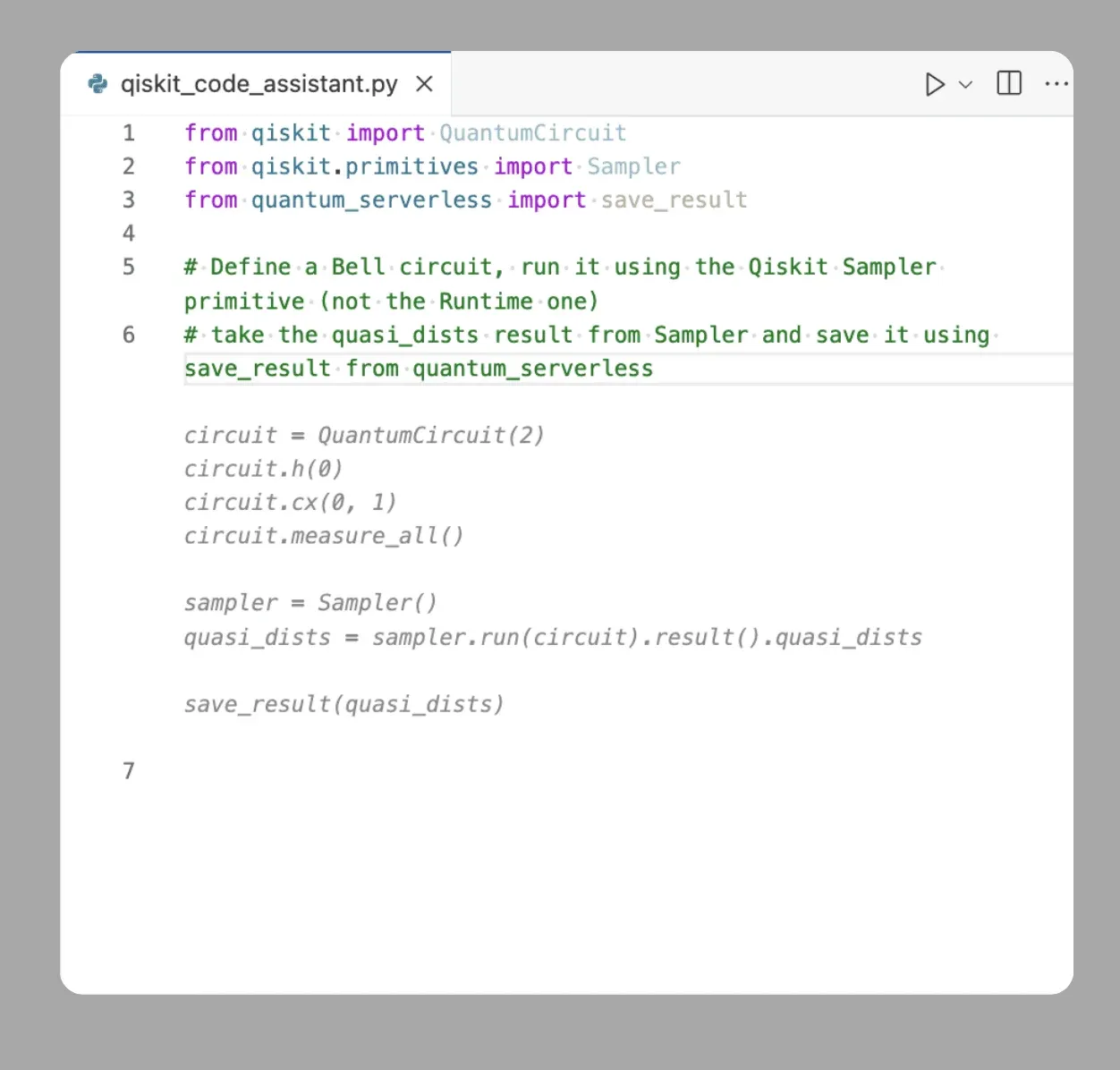
After six years of community-driven development, the release of Qiskit 1.0 marks a pivotal moment for the open-source quantum programming framework. This upcoming version, set for full release in February 2024, signifies Qiskit's transition into a new era centered around performance, stability, and usability.
For quantum computational scientists, Qiskit 1.0 brings major improvements in executing complex 100+ qubit algorithms. Benchmarking shows the Qiskit transpiler in 1.0 can bind and transpile quantum circuits over 16 times faster compared to previous versions. Optimization passes using novel AI models provide further boosts, with 20-50% reductions in circuit depth and gate counts.
Memory utilization is another key area of enhancement, with experiments indicating a 55% decrease in memory footprint for building typical quantum circuits. As quantum processors scale towards 1,000+ qubits over the next few years, Qiskit 1.0 establishes an essential foundation for programmers to achieve compatibility with emerging hardware capabilities.
Beyond raw technical capabilities, Qiskit 1.0 streamlines the end-to-end workflow for users. New programming constructs like conditional branching enable more dynamic circuit design. Qiskit Patterns also emerge as a novel approach to problem-solving in the quantum domain. These four-step processes facilitate algorithmic implementation on quantum computers, offering reusable building blocks for code simplification. This aligns perfectly with the needs of users focusing on integrating quantum solutions into their conventional computational workflows.

Integrations with AI, like the Qiskit Code Assistant based on watsonx Granite 20B language model, helps simplify programming using millions of examples from the Qiskit community. Tools like this provide code suggestions and pattern recommendations so developers can learn best practices more easily. And integrations with classical computing environments through Quantum Serverless facilitate easier deployment and execution of hybrid quantum-classical workloads.
For third-party developers, Qiskit 1.0 also brings a more stable platform for building quantum-enabled libraries and applications. Breaking changes will be less frequent going forward, with major version releases now on a yearly cadence. A refined API and a rich extension ecosystem lay the groundwork for an thriving community of tools overlaying the Qiskit stack.
The roadmap ahead includes integrating AI assistants to simplify quantum programming, as well as new execution modes to optimize runtimes across batches of quantum circuits or iterative hybrid algorithms. As quantum computing progresses into the era of practical utility, Qiskit 1.0 supplies an enterprise-grade software environment to meet the demands of real-world computation and research.

